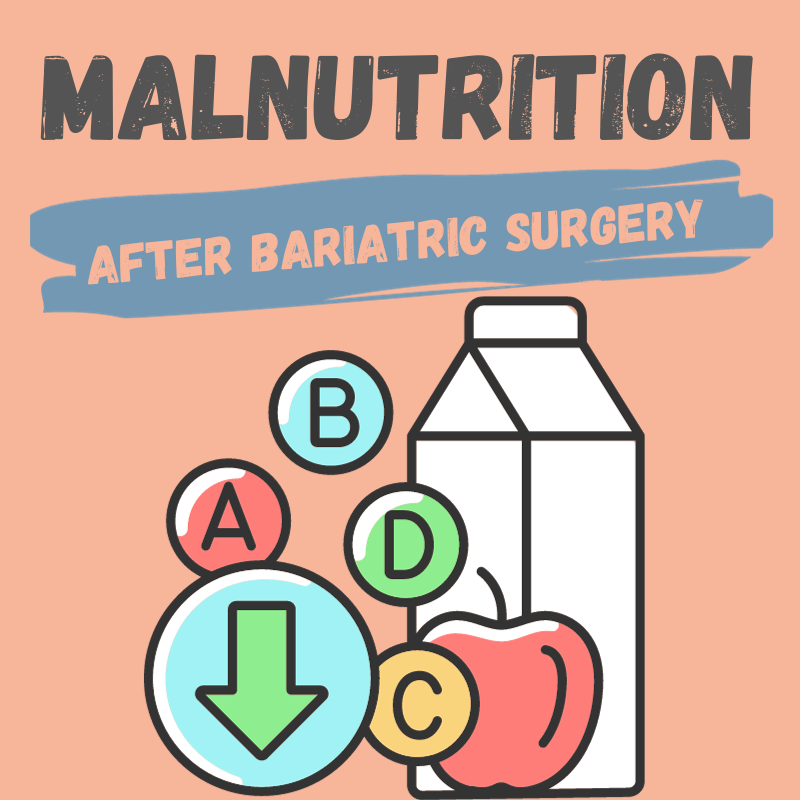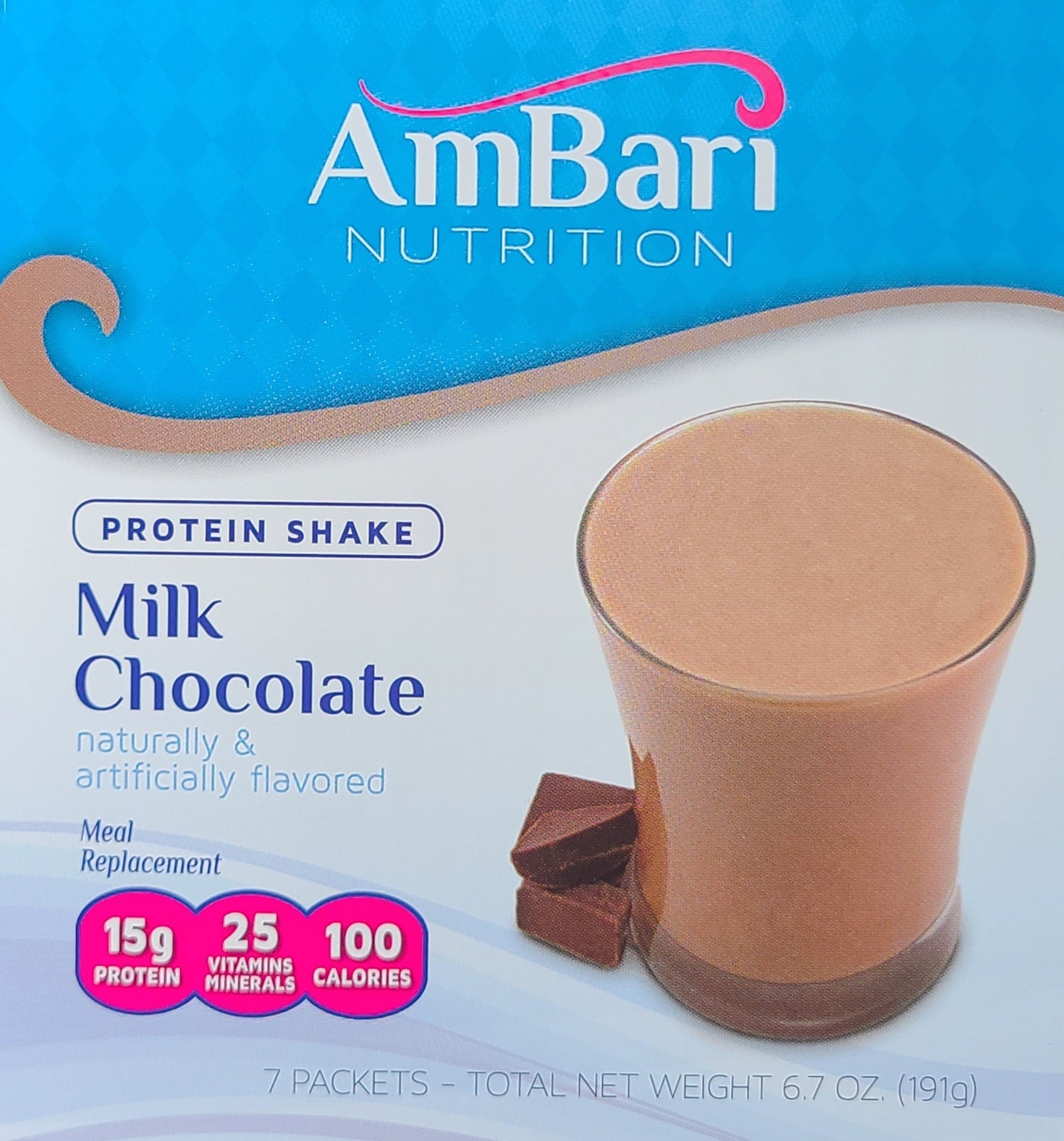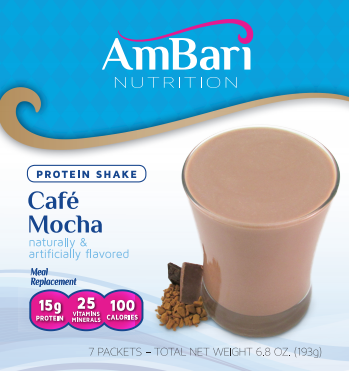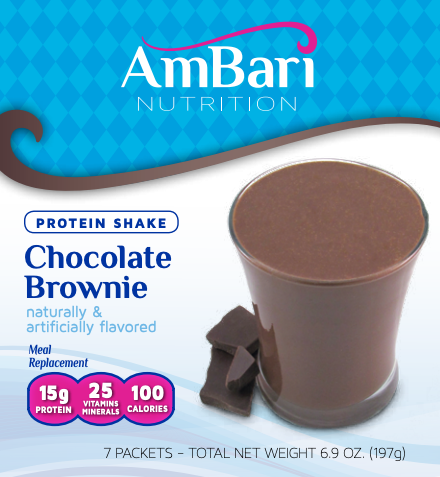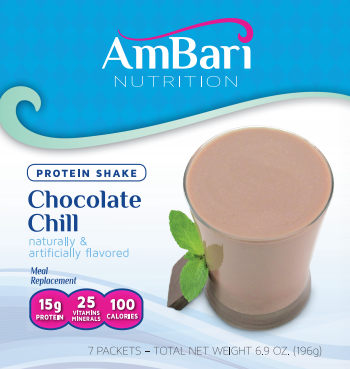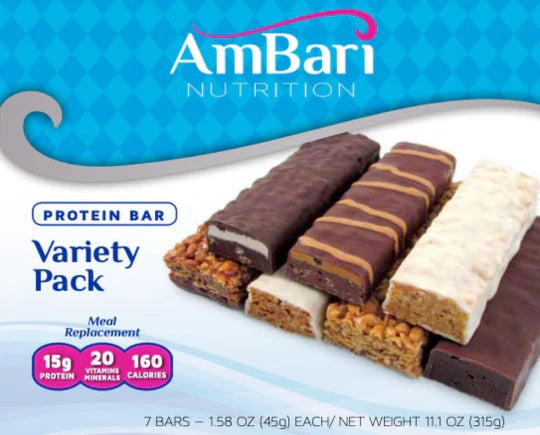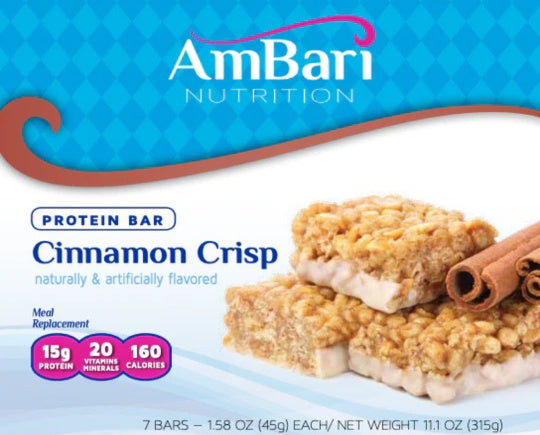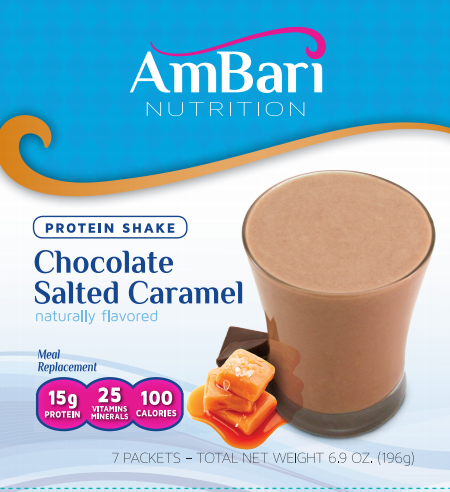Your cart is empty
Realistic Goals After Bariatric Surgery

Setting S.M.A.R.T Goals
Embarking on a weight loss journey after bariatric surgery requires dedication, motivation, and a clear plan. One popular and effective method for setting goals is the S.M.A.R.T framework, which stands for Specific, Measurable, Attainable, Relevant, and Tied to a Deadline. Following this framework can help you create clear, realistic, and achievable objectives that support your weight loss journey.
- SPECIFIC: Your goals should be clear and concise. Rather than setting a vague goal like "I want to lose weight," try to be more specific, such as "I want to lose 50 pounds while following my bariatric diet."
- MEASURABLE: To track your progress effectively, your goals should be quantifiable. Measurable goals allow you to see your achievements and stay motivated. For example, aim to lose 1-2 pounds per week.
- ATTAINABLE: While it's crucial to set ambitious goals, they should still be achievable. Setting unattainable goals can lead to frustration and disappointment. Consider factors such as your current weight, lifestyle, and medical history when determining your goals.
- RELEVANT: Your goals should align with your overall objectives and lifestyle. Ensure your weight loss goals support your health, well-being, and long-term success.
- TIED to a Deadline: Setting a timeframe for your goals can help you stay focused and motivated. Establish deadlines for both short-term and long-term objectives, but make sure they are realistic and adjustable if needed.
"Specific" - Be Specific with Your Goals
Vague goals can make it challenging to monitor progress and stay motivated. By being specific with your objectives, you can effectively track your achievements and make adjustments as needed.
Here's a step-by-step guide on how to create specific goals for your weight loss journey:
- Identify your desired outcomes: Begin by determining what you want to achieve in your weight loss journey. This may include losing a certain amount of weight, improving your overall fitness, or adopting healthier eating habits.
- Transform vague goals into specific objectives: Avoid setting goals like "I want to lose weight" or "I want to be more active." Instead, transform these vague goals into specific objectives. For example, "I want to lose 10 pounds in 3 months" or "I aim to exercise for 30 minutes, 5 times a week."
- Include quantifiable elements: Ensure your goals have measurable components, such as a specific weight loss target, a set number of exercise sessions, or a particular duration for physical activity. Quantifiable goals allow you to evaluate your progress more accurately.
- Create a detailed action plan: Outline the steps you'll take to achieve your specific goals. This may involve creating a workout routine, planning nutritious meals, or setting aside dedicated time for exercise. A detailed action plan provides a clear roadmap for your weight loss journey.
- Monitor your progress and make adjustments: Regularly assess your progress by tracking your weight, exercise routines, and dietary habits. If you find that your goals are too challenging or not ambitious enough, make necessary adjustments to ensure they remain specific, realistic, and achievable.
This approach fosters a sense of clarity, focus, and motivation, ultimately leading to long-lasting, positive outcomes.
"Measurable" - Set Goals that Can Be Measured
By focusing on quantifiable objectives, you can effectively track your progress, make necessary adjustments, and stay motivated throughout the process. Measurable goals help you evaluate your achievements and ensure you're making steady progress toward your ultimate goal.
Follow these simple steps to create measurable goals for your weight loss journey:
- Determine your key performance indicators (KPIs): Identify the specific metrics you'll use to measure your progress. These KPIs could include weight, body fat percentage, waist circumference, or the number of steps taken per day.
- Set specific targets for each KPI: For each chosen metric, set a clear target to achieve. For example, aim to lose 1-2 pounds per week, reduce body fat percentage by a certain amount, or walk 10,000 steps per day.
- Establish a tracking system: Develop a method to record and monitor your progress regularly. This could involve using a journal, smartphone app, or spreadsheet. Consistently tracking your KPIs helps you stay accountable and motivated.
- Evaluate your progress periodically: Review your progress at regular intervals, such as weekly or monthly, and compare your results with your set targets. This evaluation will help you identify areas of success and areas that may need improvement.
- Make adjustments as needed: If your progress is slower or faster than expected, adjust your goals accordingly. This flexibility ensures your goals remain realistic and achievable while still challenging you to continue making progress.
- Celebrate your achievements: Acknowledge and reward yourself when you reach milestones or successfully meet your measurable goals. Celebrating these accomplishments can help maintain motivation and boost your confidence in your ability to achieve long-term success.
By focusing on measurable goals and consistently tracking your progress, you can create a structured, data-driven approach to your post-surgery weight loss journey.
"Attainable" - Setting Realistic Goals After Surgery
Establishing realistic objectives helps you stay motivated, focused, and confident in your ability to succeed in your weight loss journey. The following steps will guide you in setting attainable goals after bariatric surgery:
- Assess your current situation: Consider factors such as your starting weight, lifestyle, medical history, and any physical limitations when setting your goals. Understanding your current situation helps ensure your objectives are suitable and achievable for your unique circumstances.
- Talk to your doctor and surgeon: Seek guidance from your surgeon, dietitian, or other healthcare professionals to determine realistic expectations for your weight loss journey. They can provide expert advice on what you can realistically achieve based on your surgery type, medical history, and individual needs.
- Set incremental goals: Break down your ultimate weight loss goal into smaller, more manageable milestones. This approach allows you to focus on achieving a series of attainable goals that contribute to your overall objective, increasing your chances of long-term success.
- Plan for Obstacles: Anticipate challenges you may face during your journey, such as emotional eating or lack of motivation, and create strategies to overcome them.
"Relevant" - Choosing a Healthy Goal Weight After Weight Loss Surgery
Determining a healthy and relevant goal weight is also important for post-surgery success. Consider the following factors:
- Weight Loss Goals: Consult with your healthcare team to establish a safe and realistic weight loss target.
- Your Goal Weight Based on Body Mass Index (BMI): Calculate your BMI to determine a healthy weight range for your height.
- Your Goal Weight Based on Body Fat Composition: Consider using body fat percentage as an additional indicator of overall health.
- Your Goal Weight Based on Expected Excess Weight Loss: Discuss with your surgeon the typical weight loss outcomes for your specific procedure.
"Tied to a Deadline" - Set Short-Term and Long-Term Goals
Establishing both short-term and long-term goals will really help you out in your weight loss journey after bariatric surgery. Short-term goals provide motivation and a sense of accomplishment, while long-term goals offer direction and a bigger picture of your overall objective.
To create effective short-term and long-term goals, follow these simple steps:
- Define your ultimate weight loss goal: Start by identifying your desired outcome, such as losing a specific amount of weight or reaching a particular body mass index (BMI). This long-term goal serves as your guiding star throughout the journey.
- Break down your long-term goal into smaller milestones: Divide your overall goal into smaller, manageable targets. For example, if your ultimate goal is to lose 50 pounds, you could set a short-term goal of losing 5 pounds per month. These smaller goals are easier to achieve and help you maintain motivation.
- Celebrate your short-term successes: Acknowledge and reward yourself when you achieve short-term goals. This positive reinforcement can boost your motivation and make the weight loss journey more enjoyable.
- Adjust your goals as needed: Your weight loss journey may have ups and downs. Be prepared to reassess and modify your short-term and long-term goals as necessary. For example, if you initially aimed to lose 1-2 pounds per week but find it challenging, you could adjust the goal to a more achievable rate.
- Keep track of your progress: Regularly monitor your progress by recording your weight, exercise routines, and dietary habits. Tracking your progress can help you stay accountable, recognize patterns, and make adjustments as needed.
By setting both short-term and long-term goals, you can create a structured, easy-to-follow roadmap for your post-surgery weight loss journey. This approach helps you stay focused, motivated, and ultimately, successful in achieving your desired weight loss outcomes.
Conclusion
Setting S.M.A.R.T goals after bariatric surgery can significantly impact your weight loss journey's success. By creating Specific, Measurable, Attainable, Relevant, and time-bound goals, you establish a clear and realistic roadmap for achieving your desired outcomes. This framework helps you stay focused, motivated, and accountable throughout your journey. Remember to consult with your healthcare team and adjust your goals as needed to ensure they remain challenging yet achievable. By following the S.M.A.R.T framework, you'll be well on your way to a healthier, happier life after bariatric surgery.
Bariatric Guides & Information
More Info
Customer Favorites
- Choosing a selection results in a full page refresh.











